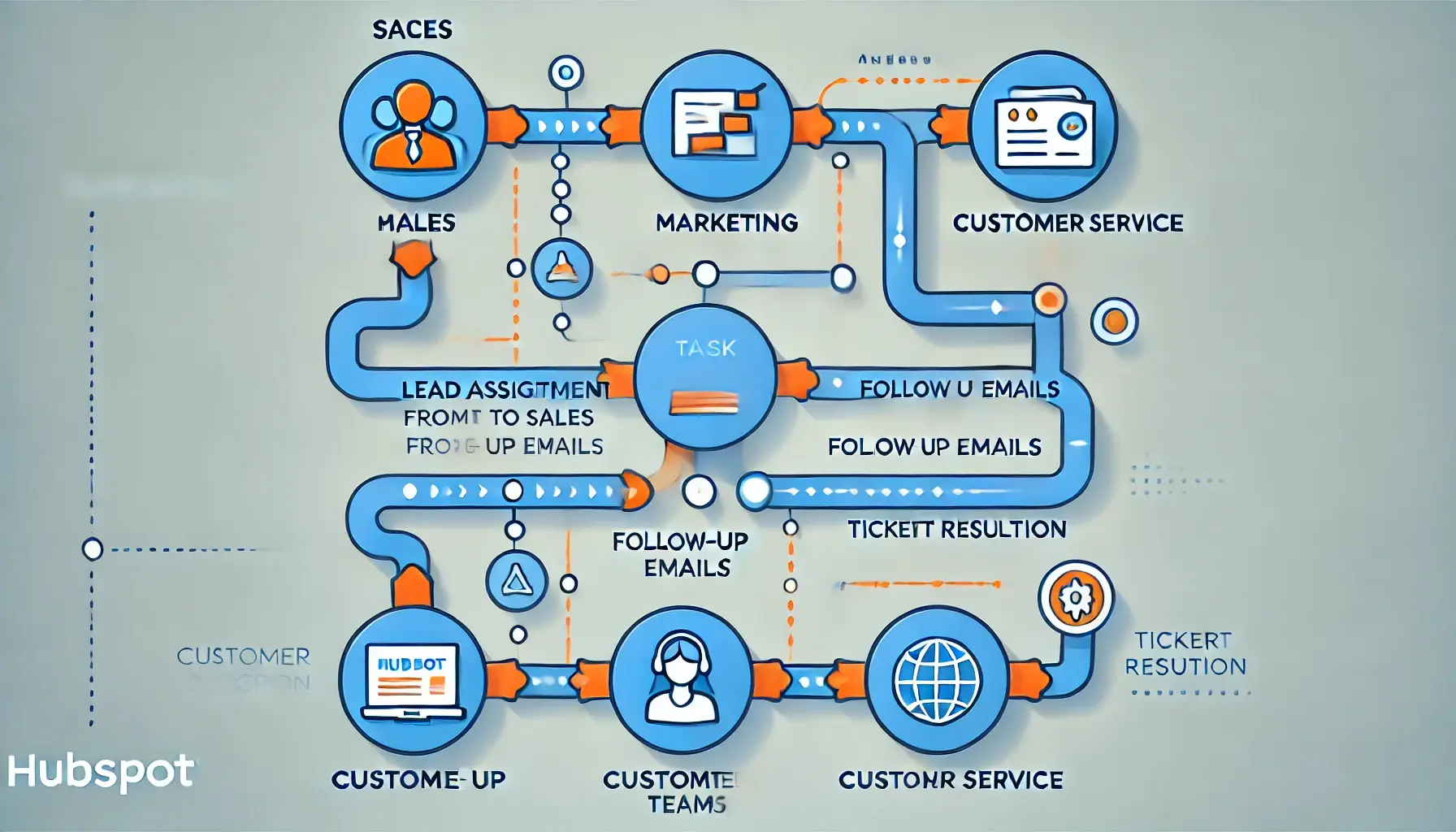How AI is Transforming Business Strategy: Real-Time Insights, Risk Management, and Predictive Planning
Why AI is a Game-Changer for Business Strategy
In the era of data-driven decision-making, businesses can no longer afford to rely on gut instincts or outdated reports when forming their strategies. The emergence of artificial intelligence (AI) has revolutionised how companies build and execute business strategies. By analysing vast amounts of structured and unstructured data in real-time, AI provides decision-makers with valuable insights, accurate risk predictions, and actionable foresight into future opportunities.
In this post, we’ll explore how businesses can leverage AI to craft smarter strategies. From real-time analytics to predictive planning, discover how companies are embracing AI to stay ahead of the competition, reduce risks, and drive growth.
AI for Real-Time Data Analysis
AI empowers organisations to analyse massive datasets in real time, uncovering trends and insights that humans might miss. These insights help businesses react quickly to market changes and make data-informed decisions on the fly.
Examples of Real-Time Data Analysis with AI
- Social Media Sentiment Analysis: AI tools monitor public sentiment across platforms like Twitter and Facebook, helping companies respond quickly to trends or reputational risks.
- Sales Performance Tracking: AI-driven dashboards allow businesses to monitor sales data in real-time, making it easier to spot underperforming regions or products.
- Customer Experience Optimisation: AI algorithms continuously analyse customer interactions (e.g., emails, chatbots, and support tickets) to identify patterns of dissatisfaction and suggest corrective actions.
How Real-Time Analysis Enhances Business Strategy
By accessing up-to-the-minute data, leaders can:
- Adjust campaigns and pricing strategies in real time.
- Identify market shifts or disruptions and respond faster than competitors.
- Align operational decisions with current customer needs, maximising satisfaction and retention.
Predicting and Assessing Risks with AI
Uncertainty is a constant in business, but AI-powered risk management tools help businesses predict, assess, and mitigate risks. AI evaluates vast amounts of data to detect patterns and early warning signals that may indicate potential risks, from supply chain disruptions to credit defaults.
Use Cases of AI in Risk Assessment
- Financial Risk Management: Banks and insurers use AI to detect fraud and evaluate creditworthiness, reducing exposure to financial risks.
- Supply Chain Risk Prediction: AI helps predict disruptions by analysing variables like weather conditions, geopolitical events, or vendor performance.
- Cybersecurity Risk Detection: AI continuously scans networks for anomalies that might indicate a cyberattack in progress, helping IT teams respond proactively.
Strategic Benefits of AI-Driven Risk Management
With AI, businesses can:
- Forecast risks across various scenarios and adjust strategies accordingly.
- Reduce financial exposure through early detection and mitigation.
- Enhance decision-making confidence by relying on accurate, data-backed assessments.
Informing Future Strategies with Predictive Analytics
AI doesn't just help businesses react to current events—it also provides foresight into the future through predictive analytics. By analysing historical data and market trends, AI offers valuable predictions about customer behaviour, market trends, and operational efficiency.
Examples of Predictive AI Applications in Business Strategy
- Customer Behaviour Forecasting: AI analyses past purchase behaviours to predict which customers are most likely to convert, helping companies allocate marketing budgets efficiently.
- Operational Planning: AI tools forecast inventory demands based on historical sales patterns, seasonal trends, and external factors like economic conditions.
- Strategic Market Expansion: Predictive AI identifies high-growth regions or untapped markets, helping businesses prioritise expansion strategies.
How Predictive Analytics Shapes Long-Term Business Strategy
- Inform growth initiatives: Predictive models help identify profitable opportunities for product development or geographic expansion.
- Enhance customer loyalty: Predictive AI forecasts churn risks, allowing companies to proactively engage with at-risk customers.
- Improve resource allocation: Organisations can allocate budgets and resources more effectively by anticipating future market demands.
How Businesses are Implementing AI in Strategy Development
Align AI with Business Objectives
Companies must ensure that AI initiatives are aligned with strategic goals. Whether the focus is on customer experience, operational efficiency, or revenue growth, the data models and AI tools used should directly support these outcomes.
Adopt a Data-First Mindset
AI is only as good as the data it processes. Businesses need to ensure data quality and governance to get accurate insights. Investing in data infrastructure and analytics capabilities is key to maximising the value of AI.
Start Small and Scale
Rather than overhauling entire systems, companies can start small by automating specific processes (like sales forecasting or customer segmentation). As teams become comfortable with AI tools, businesses can scale efforts across more departments.
Examples of AI Adoption Success Stories
- Amazon: Uses predictive AI to optimise inventory and forecast demand, ensuring that products are available when customers need them.
- Netflix: Leverages AI to predict viewer preferences and recommend content, driving customer satisfaction and retention.
- Procter & Gamble: Utilises real-time data analysis to monitor supply chain operations and minimise disruptions.
AI as a Strategic Enabler for Business Growth
AI is no longer a futuristic concept—it’s a critical tool for modern business strategy. By enabling real-time data analysis, risk management, and predictive planning, AI helps companies make smarter decisions, reduce uncertainty, and identify growth opportunities before their competitors. With the right AI tools in place, businesses can align operations, optimise customer experiences, and navigate market shifts with confidence.
If your business is ready to explore the transformative power of AI, DigiKat can help you develop and implement AI-driven strategies tailored to your goals. Contact us today for a free consultation!
From the blog


